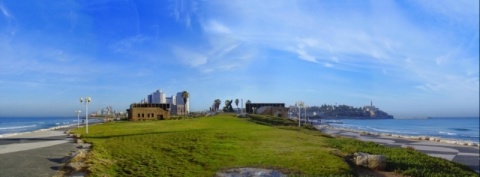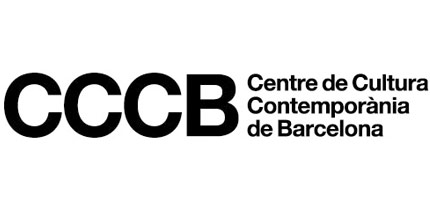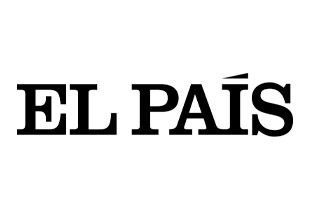Cities of the Middle East
Tel Aviv
The Last Mediterranean City
Debate
Free
As part its series of debates on cities of the Near East, the CCCB is devoting one of the sessions to Tel Aviv, which - along with Valletta and Tirana - is one of the very few cities to have been established on Mediterranean shores since the fall of the Roman Empire. Tel Aviv was founded in 1909 not far from the Arab port of Jaffa, the oldest in the world, and it has over four hundred thousand inhabitants today.
Tel Aviv's architecture reflects the different layers of its historical development. The "Oriental" style of the first third of the twentieth century, similar to that of Cairo, Beirut, Istanbul and Baku, was followed in the 1930s by the construction of as many as five thousand buildings in the Bauhaus or "International" style, thanks to which Tel Aviv would come to be known as "The White City". More recently, modern constructions of different business interests and the high-tech industry have transformed the contours of the waterfront area.
Tel Aviv today is the cultural centre of secular Israel, with increasing cultural heterogeneity owing to a major influx of immigrants and an intense artistic, literary and musical life that contrasts sharply with the religious conservatism of nearby Jerusalem. Yet, with the enduring failure to find a stable and just solution to the Israeli-Palestinian conflict, the adjacent city of Jaffa remains as a constant reminder of this land's other histories, identities and possible futures.
Fred Halliday, director
Monday, 5 May
7.30 p.m. DEBATE
Speakers:
Yoram Kaniuk. Writer, author of Adam Resurrected (Tel Aviv, Amikam, 1969)
"78 Years in Tel Aviv".
Sharon Rotbard. Architect, editor and author of White City, Black City (Babel Books, 2005)
"White City, Black City. Architecture and War in Tel Aviv and Jaffa".
Moderator: Fred Halliday. ICREA Professor of International Relations at the Barcelona Institute of International Studies (Institut Barcelona d'Estudis Internacionals - IBEI)
9.30 p.m. FILM SCREENINGS
Territory I (White Lies), Marine Hugonnier, 2005, 8 min. (silent)
This short film, based on a text by the architect Sharon Rotbard, shows how Tel Aviv wishes to be seen as "The White City" of Bauhaus architecture, a myth that has been used to rewrite its urban history and shape an image that is now widely accepted thanks to its designation by UNESCO in 2003 as a World Heritage Site
Là-bas, Chantal Akerman, 2006, 78 min. (original version with Spanish subtitles)
Chantal Akerman made this film in a Tel Aviv apartment, where she remained for several weeks with almost no contact with the outside world. Renouncing any narrative intention, she filmed what she saw through the window, letting the images of everyday life flow before her camera. The film, which was selected for screening at the 2006 Berlin International Film Festival, has not been shown in commercial cinemas in Spain.
Tuesday, 6 May
7.30 p.m. FILM SCREENINGS
Là-bas, Chantal Akerman, 2006, 78 min. (original version with Spanish subtitles)
10 p.m. Alila, Amos Gitai, 2003, 116 min. (original version with Spanish subtitles)
This film portrays the complex relations among a group of residents on the outskirts of Tel Aviv. Bordering on marginality, they are trying to survive in an oppressive and destructured social milieu. The film is based on the novel by the Israeli writer Yehoshua Kenaz and was selected for screening at the Venice Film Festival in 2003.
This activity is part of Cities of the Middle East, Cities of the Middle East




